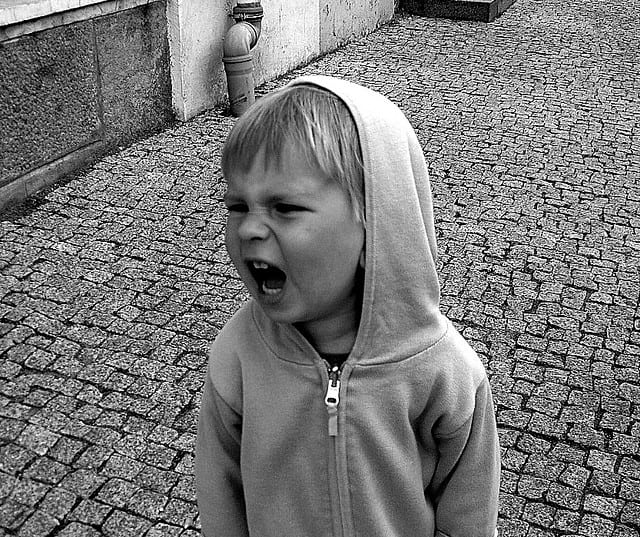
Hitting Children: When Discipline Becomes Abuse
Texas has very clear and strict laws regarding child abuse of any kind. These laws state that it is a serious crime to cause serious mental or physical harm to be caused to a child by a parent or guardian. However, many parents still choose to use physical forms of discipline, including corporal punishment. Where is the line between discipline and child abuse?
Although child abuse laws are clear, the way that these laws are applied on a case by case basis can be influenced by the facts of a particular case. Understanding more about the application of the law can make the distinction between abuse and discipline more clear.
Discipline and Child Abuse Laws in Texas
Texas has very clear and strict laws regarding child abuse of any kind. These laws state that it is a serious crime to cause serious mental or physical harm to be caused to a child by a parent or guardian. However, many parents still choose to use physical forms of discipline, including corporal punishment. Where is the line between discipline and child abuse?
Although child abuse laws are clear, the way that these laws are applied on a case by case basis can be influenced by the facts of a particular case. Understanding more about the application of the law can make the distinction between abuse and discipline more clear.
Discipline vs Child Abuse
Texas does not have any laws that specifically prohibit parents from disciplining their children. This means that parents have the right to discipline their children as they see fit, as long as they do not commit acts of abuse. This means that parents are allowed to use physical forms of discipline including corporal punishment.
To understand the difference between discipline and abuse, it’s helpful to consider the purpose of discipline. Discipline serves a specific purpose: to punish a child for misbehaving or to discourage them from breaking the rules. This can include using corporal punishment to inflict pain as a discouragement from wrong behavior.
Abuse, on the other hand, serves no purpose other than to cause pain or injury. Also, discipline is not intended to cause serious injuries or lasting damage to a child.
Some examples of discipline may include:
- A spanking with a hand or paddle
- Depriving a child of privileges
- Ordering a child to go to bed early without supper
All of these disciplinary actions share one thing in common: they are brief, controlled measures with a specific purpose. This is one of the primary differences between discipline and abuse. Discipline is measured and controlled while abuse can be reckless and dangerous.
Any of these activities could turn into abuse if they are uncontrolled. Some examples of child abuse could include:
- Beating a child with a closed fist
- Forcing a child to remain in their room for days at a time
- Denying food to a child for several days
In many cases, the difference between abuse and discipline is a matter of intent.
The Importance of Intent
As stated previously, the purpose of parental discipline is to discourage a child from misbehaving. As such, disciplinary actions should be focused on a particular misbehavior and they should be equivalent to that misbehavior. For example, a child who disobeys his parents and is severely beaten has not been subjected to reasonable discipline.
Any action that causes a child to experience serious bodily injury, the risk of serious bodily injury, emotional or mental damage can be classified as abuse. In general, abusive actions usually have lasting effects, such as scars, bruises, developmental problems or behavioral disorders. Spanking a child briefly does not usually cause lasting damage and will usually not be considered child abuse.
It’s important to note that Texas does not use a specific list of actions and injuries that are considered child abuse. Rather, it will be up to a judge or jury to determine what actions constitute abuse in a particular case. In general, however, abusive behavior is any behavior whose sole intention is to cause harm, fear or lasting damage to a child.
Legal Penalties
Child abuse is a very serious crime in Texas. For example, according to section 22.04 of the Texas Penal Code, a person who intentionally and knowingly causes serious bodily harm to a child under 14 years of age can be charged with a first degree felony. This can be punished with up to 99 years in state prison.
A parent or guardian who has been charged with child abuse can hire a lawyer in an attempt to create a legal defense. A lawyer could argue that that a supposed injury to a child occurred as the result of normal childhood play or roughhousing. They could also argue that a parent’s actions did not result in serious or lasting physical or emotional damage. If this strategy is successful, the charges could be lowered or dropped altogether.
Are you being investigated for child abuse while disciplining your child? Get someone on your side that fully understands the law and can defend your rights. Attorney Brett A. Podolsky has the experience and knowledge needed to fight for you. Contact his office today at (713) 227-0087.